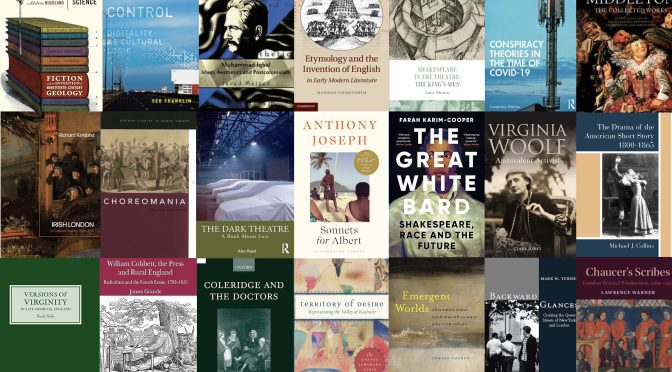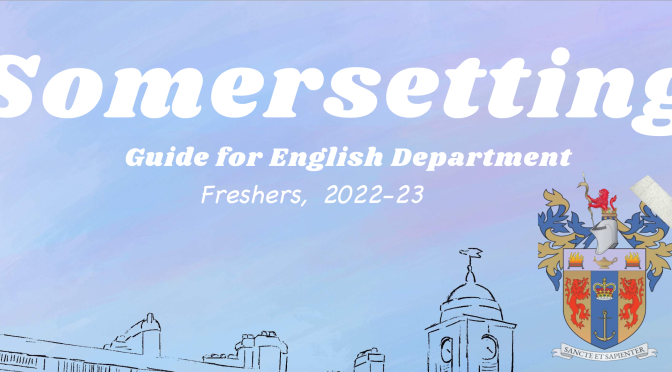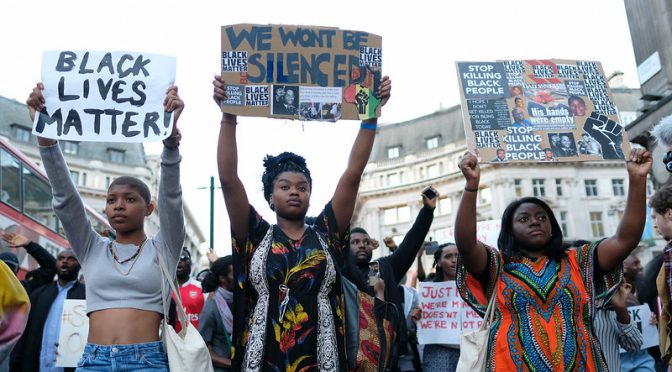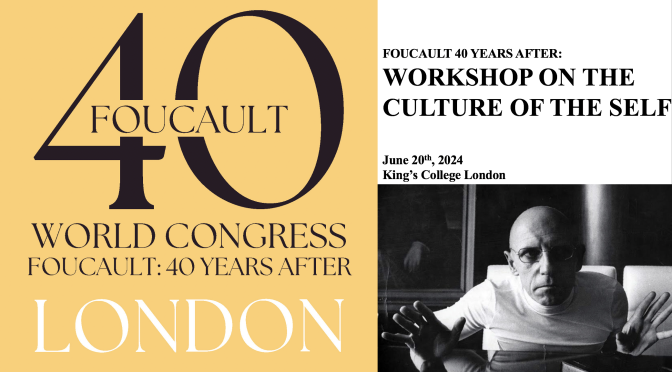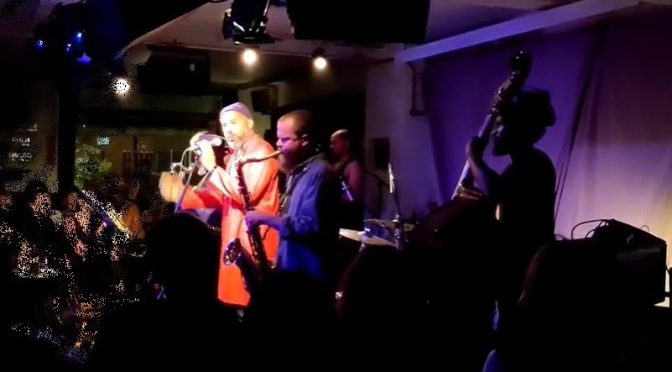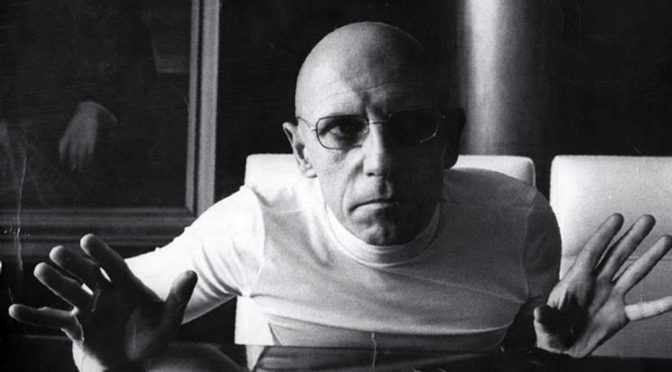By Samridhi Aggarwal, Esther de Bruijn and Anthony Joseph
The following interview with Anthony Joseph was conducted by Samridhi Aggarwal (Joint PhD Scholar with the National University of Singapore) on 5 December, 2022 in a seminar for the module Afrofuturism.[1]
The conversation covers several topics, which we’ve divided into sections for those who’d like to dip in and collect gems of insights on Afrofuturism, black surrealism, black stealth, the revolutionary force of music, and practicing writing into being. Anthony talks about his album The Rich Are Only Defeated When Running for Their Lives (2021) and his novel The African Origins of UFOs (2006), and we’ve reproduced the excerpts of the novel that he read on the day. Continue reading An Interview with Anthony Joseph: Afrofuturism, Black Surrealism, Sonic Revolution →

